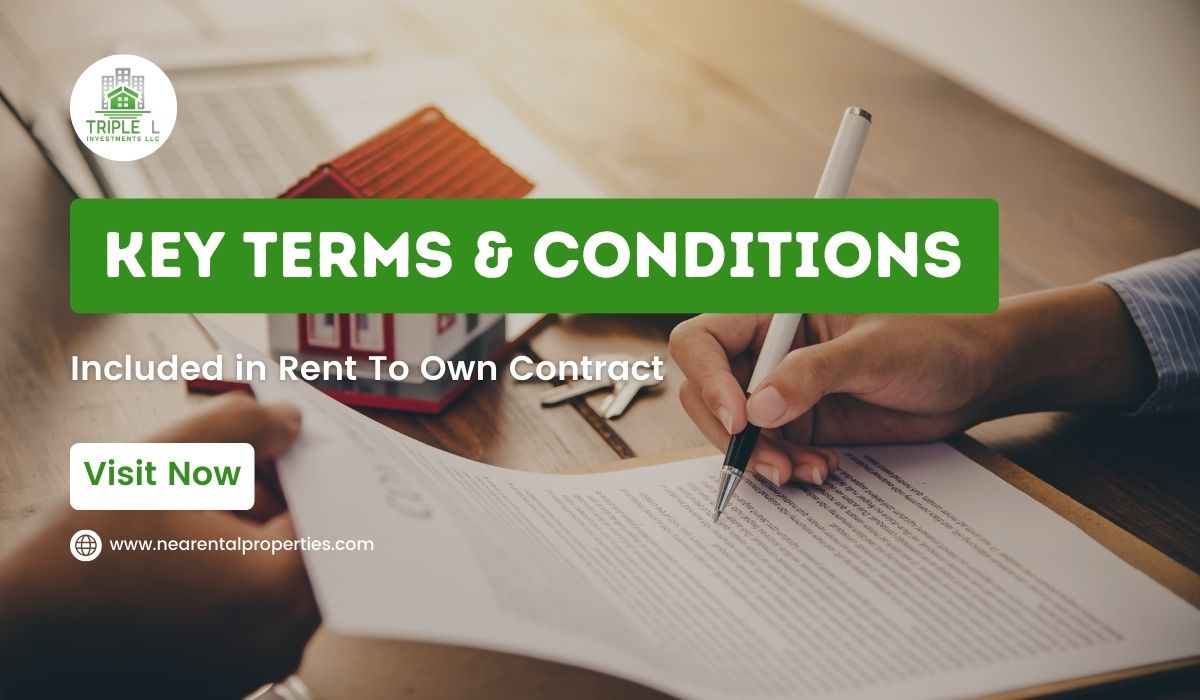Homes sold “as is” are becoming more common, with homeowners seeking a faster selling procedure. There are a lot of myths and misconceptions about this technique, so potential vendors might not know what to do. These beliefs might cause undue anxiety and prevent people from choosing “as is.”
In this discussion about selling your property “as is,” we dispel popular fallacies and explain the realities of this method. Dispelling these fallacies helps homeowners make informed decisions and navigate the as-is real estate market.
Common Myths: Selling Your Home As Is
Myth #1) When You Sell as is, You Lose Money:
Oversimplifying real estate transactions, the delusion that selling a home “as is” always costs money. Such sales may not attract top market pricing but aren’t losses. The price of an as-is home depends on many factors, including the local real estate market, condition, and demand.
Strategic marketing methods include showcasing the property’s potential or targeting specific buyer demographics, which can boost perceived value. Sellers can get a fair price by evaluating the market, setting a reasonable price, and highlighting their as-is property’s unique benefits.
Myth #2) The As-Is Market Is Not Attractive to Buyers:
Contrary to popular belief, purchasers will consider as-is properties. Because of the possible profit, many purchasers actively seek out as-is property. Investors like these possibilities because they may buy a house at a reduced price and renovate and upgrade it.
Properties allow these buyers to maximize their investment by increasing the home’s worth before selling it. Homes attract bargain seekers and those who want to personalize a property. This contradicts the idea that as-is homes are undesirable to buyers.
Myth #3) There is a Long Waiting List for As-Is Homes:
A common misperception about “as-is” home sales is that they take time. Many factors affect the pace of a property sale, not just its condition. Market circumstances, pricing, and marketing affect how quickly a home sells. In high-demand areas, well-priced as-is homes can attract buyers and sell quickly.
Strategically positioning the property to attract bidders and using market factors to build urgency is crucial. Dispelling the myth that as-is homes sit on the market proves that with the appropriate attitude, they may sell quickly.
Myth #4) As-is Homes Are Not Negotiable:
It is not true that one cannot negotiate the price of an as-is home. This includes as-is transactions. Buyers know that as-is properties may need repairs or improvements. They expect to include these charges in their proposals.
Both parties can negotiate a price that reflects the home’s condition and restoration costs in as-is labels. Understanding this allows sellers to negotiate meaningfully and provides a transparent, mutually beneficial deal.
Myth #5) Homes in Bad Shape Are Sold As-Is:
There are several reasons homeowners choose to sell their homes “as is,” contrary to popular belief. This category includes properties that need major repairs, but other reasons include a quick sale or limited funds for restorations.
To speed up the selling process, entice investors, or avoid costly renovations, homeowners may sell as is. This fallacy ignores the “as is” option’s versatility, which covers more than just a home’s physical state.
Myth #6) If You Sell as Is, You’re Hiding Something:
Legal obligations for transparency in real estate transactions disprove the misconception that selling a home “as is” means hiding anything. The method requires sellers to disclose the property’s condition in detail. Selling as is means the seller is honest about the property’s condition, not hiding flaws.
Buyers know they are buying a property without costly repairs or modifications. Transparency helps both parties understand the property’s status and issues, ensuring a fair and informed purchase.
Myth #7) For As-Is Sales, You Can’t Use an Agent:
Contrary to popular belief, real estate brokers are essential for as-is sales. Expert agents help with pricing, marketing, and negotiations. A professional realtor may highlight the property’s virtues and fix any flaws while selling it in its current form.
The agent’s responsibility goes beyond sealing a purchase; they educate sellers through the complexities of selling a home as is and ensure openness. Sellers can improve their chances of finding the right buyers and closing with their help.
Myth #8) Ignoring Repairs Means Selling as Is:
Selling a home “as is” can lower its value because repairs are ignored. Sellers listing “as is” do not need major repairs, although minor improvements can boost a home’s appeal. Budget-friendly repairs, including fixing leaking faucets, cosmetic damage, and basic maintenance, show a dedication to property upkeep. Finding a balance between minimum repairs and their as-is condition allows sellers to showcase their homes.
Myth #9) Sales As-Is Attract Only Bargain Hunters:
Contrary to the belief that as-is buyers are only price hunters, purchasers have many incentives. Many people want a good price, but others want to customize a property without spending money.
The buyer can generally customize an as-is home, viewing it as a blank canvas. Sales appeal to more potential buyers than just those seeking a bargain.
Myth #10) There are no Legal Protections in As-Is Sales:
A common fallacy about selling a house “as is” is that legal safeguards are not there or are very weak. Even in sales, legal safeguards persist. Clear communication through disclosures and inspections is crucial. The seller must disclose any known faults with the property to inform buyers.
Inspections give both parties a complete picture of the property’s condition. These steps protect the buyer by revealing potential issues and the seller from post-sale concerns. These legal steps ensure a fair and transparent real estate transaction, building confidence.
Conclusion:
In conclusion, selling your property “as is” might be practical and effective, but myths must be dispelled. While it may not sell for the highest price, it is not a financial loss. As sales can be fast, they attract investors hunting for jewels. A successful as-is transaction requires a real estate agent, transparency regarding the property’s condition, and legal protections. Understanding these realities helps homeowners confidently sell as is and make decisions that meet their needs.
Frequently Asked Questions
It’s only sometimes the case, as pricing depends on several factors, and strategic marketing can go a long way to ensure a fair deal.
Properties are in high demand, especially among investors looking to renovate.
Unlike traditional listings, sales speed depends on market conditions, pricing, and effective marketing.
For various reasons, homeowners may choose as is, such as a desire for a quick sale or limited resources.
Yes, disclosures are essential, and legal requirements also apply to sales.
Despite not being required, addressing minor issues can enhance your home’s appeal without compromising its condition.
No, legal protections are still in place; adequate disclosures and inspections ensure that both parties are informed.












